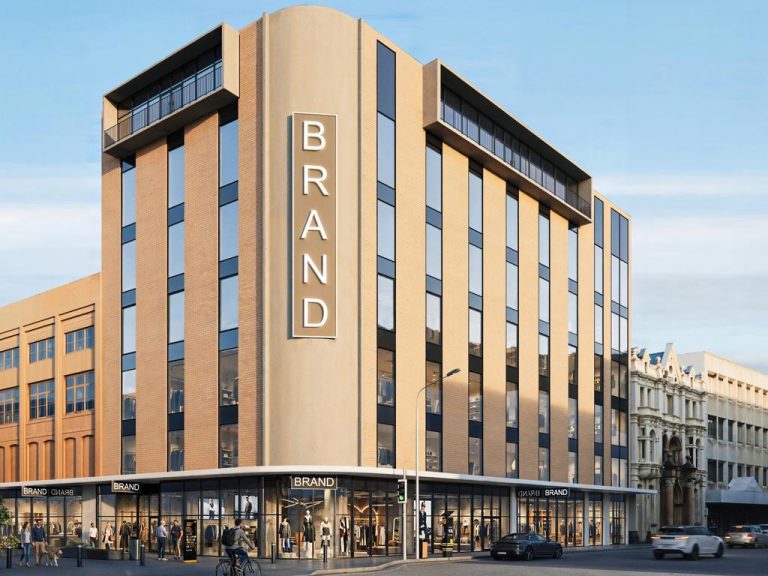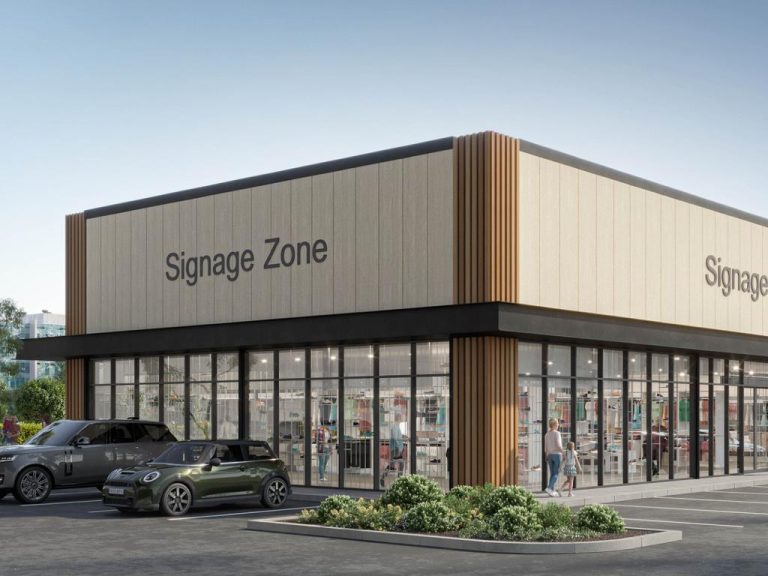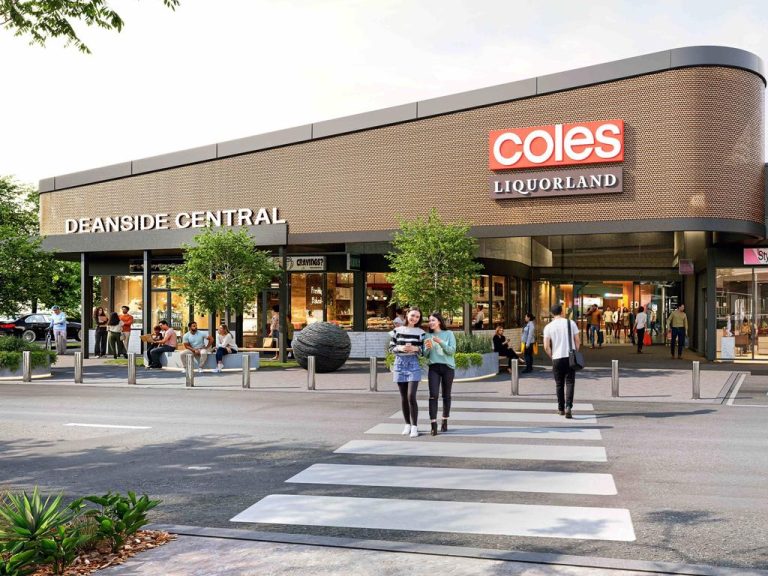How to negotiate a commercial lease agreement

The saying goes that everything in business is negotiable, and this is particularly true when it comes to a commercial property lease.
In fact, regardless of whether you’re a small business or a larger employer it’s vital to remember that lease terms are set by the landlord and usually in their favour, making it vital to negotiate terms that are suitable for both parties rather than simply accepting the first offer.
Most landlords are open to negotiation, especially if it ensures a high-quality tenant will be in their property for longer.
Can you negotiate when it comes to a commercial lease?
While commercial landlords may not like it, in many circumstances leases are altered to benefit the tenant.
So when entering a lease agreement, Herron Todd White Commercial director Alistair Weir says you should “absolutely” negotiate.
This process usually begins with the tenant submitting a counteroffer or negotiating directly with the agent.
How are commercial leases negotiable?
Commercial leases are very different to a home rental agreement.
Firstly, they tend to be longer and have many additional clauses and obligations including who is responsible for the property maintenance and fit-out.
This makes them more complex but also provides additional areas in the contract where a tenant can set the terms.
Here are some of the things within a commercial property lease that may be up for negotiation:
1. Length of agreement
It’s always a good idea to consider the lease term and what suits your business when negotiating a commercial lease.
Weir says in the commercial sphere “landlords generally don’t like going below five years”, so a short-term lease could be difficult to negotiate, but not impossible.
Landlords prefer longer leases as they provide security, so the more years you are willing to commit to, the more leverage you may have when negotiating other parts of the deal.

Considering the length of the agreement is important when signing a commercial lease.
2. Price
As a general rule, “landlords don’t like to negotiate on face rent, “ Weir says.
This is the base figure calculated on a per-square-metre basis that covers the building and maintenance costs, tax, and other outlays.
However, landlords may be willing to offer a discount in the post-COVID-19 market, with plenty of landlords looking for tenants, according to Weir.
Before negotiations start it’s best to check that the rent is at the market rate, inquire after the premises’ history and check whether the location is in high demand.
Armed with this information you will be in a stronger bargaining position.
3. Incentives
Some landlords may offer incentives rather than a reduction in rent.
Usually this is based on a margin calculated into the base rent and can include offers such as a rent-free period, a landlord contribution to fit-out, or in some cases landlords may even be willing to help cover the costs of the end of your current lease, in order to lock in a contract.
“Incentives seem to be the main one that landlords prefer,” Weir says.
“What can happen in a very competitive market is some landlords may offer to continue to pay someone’s outstanding rental commitments.”
“This is usually big-market tenants that can command a pretty substantial incentive and typically these types of deals pop up if someone wants to downsize.”
4. Fit-out
Prior to commencing a new commercial lease, a tenant will typically need to make the premises suitable for use.
So before signing an agreement it’s worth seeing if the landlord is offering any contribution towards the fit-out.
If so, the contribution will usually be paid after the work is done, rather than being reimbursed in cash.
Often it can be factored into the rent throughout the length of the lease, or provided through a rent-free period.
Another common scenario is where the tenant is not charged rent for a specified period time while the fit-out is being done.

A building’s fit-out can be negotiated as part of a commercial lease agreement.
5. Outgoings
In a commercial lease, tenants will often be required to pay outgoings.
This includes water bills, council rates and owners corporation fees, which can be considerable.
These leasing costs can be negotiated to be transferred to the landlord as part of the lease agreement.
Steps to negotiating a commercial lease
If you’re considering leasing a commercial property and want to negotiate different terms on the lease, here are some simple steps you can follow to give yourself the best chance of securing a better deal.
1. Analyse the market
It’s important to remember that negotiating may not be possible in every circumstance.
Weir says in a “hot market” where there are plenty of potential tenants, landlords will be much less willing to move. Meanwhile a low-demand market will see landlords more willing to budge, giving you the scope to negotiate on several properties at once to get the best deal.
2. Start early
Typically, leasing agents will have a database and will start contacting tenants up to 16 months out from when their lease expires to begin offering deals, Weir says.
As a tenant, this is the perfect time to begin testing the waters as to what might be on offer.
Alternatively, if you are signing a new lease, start talking incentives as soon as possible.
You can start negotiations mid-lease to replace an older agreement, but this can be challenging.

Beginning a negotiation long before the lease’s expiry is a good idea for current tenants.
3. Consider getting help
There are tenant representative groups and professionals who can help you secure a better deal when it comes to a commercial lease.
If you’re not comfortable wheeling and dealing it may pay to bring in some help such as an agent or property lawyer to assist you.
4. Negotiate the deal
The length of the commercial property lease negotiation can vary drastically. In many cases it’s quite quick, while for more complex deals the talks may last weeks or even months.
It is also possible that multiple tenants are negotiating at once, so it’s a good idea to be looking at more than one premises at a time, especially in a competitive market.
5. Get an inspection
Always carry out a final inspection before signing a contract.
This can be as simple as a walkthrough to see the property for yourself, or bringing in a commercial property inspector.
It’s important to prioritise this step, even when you are negotiating a lease renewal, as an inspector may find something that could change your mind or give you an additional bargaining chip.
6. Get legal advice
Commercial premises have different obligations than residential, as well as additional contract clauses.
A commercial contract will also include costs that the tenant pays, so you need to understand your obligations before signing a contract.
A good property lawyer may cost some money upfront, but they will help you understand the contract and raise any red flags.







